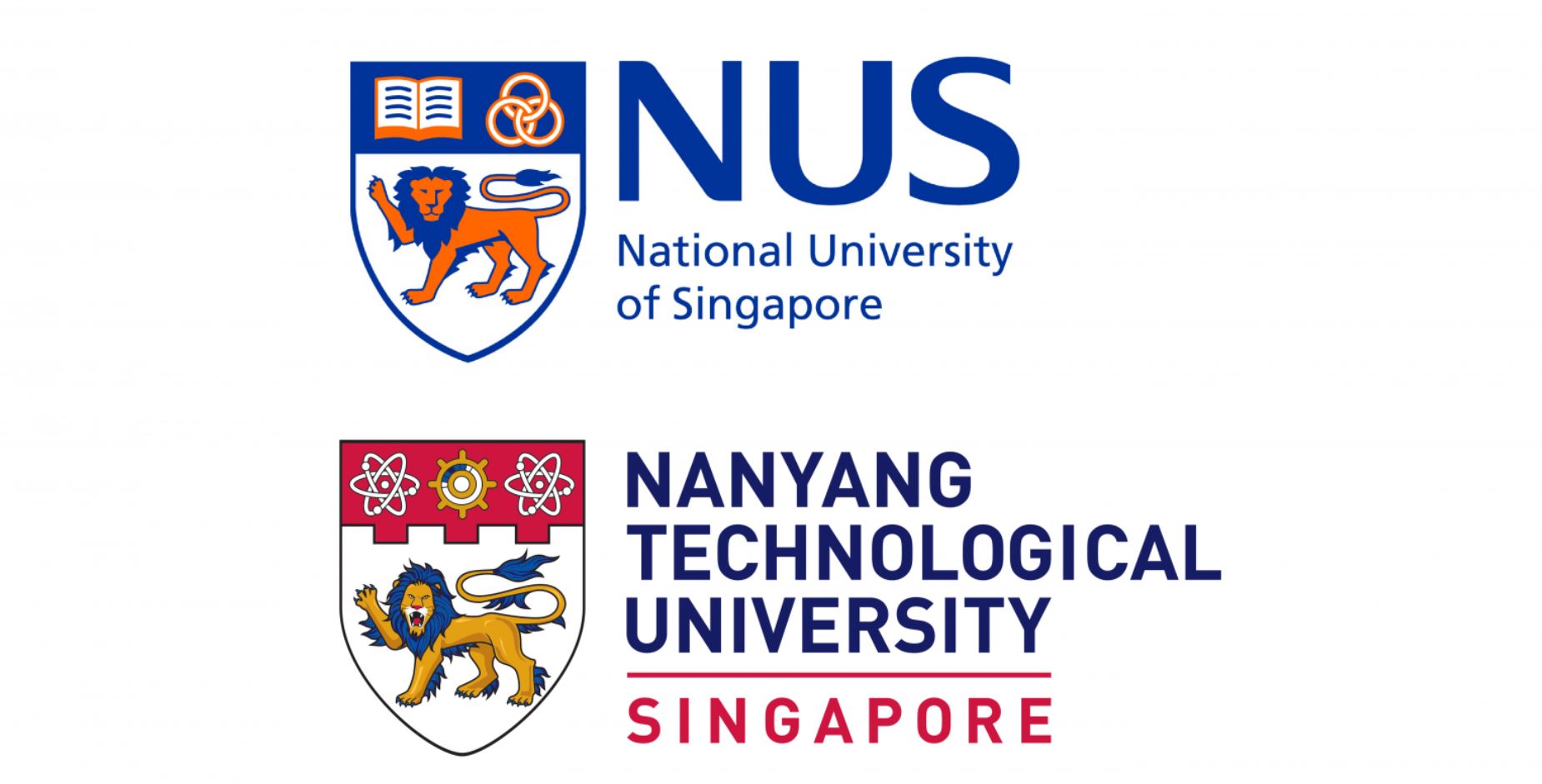
“IT IS important that our stakeholders and the public have a balanced and complete view of how we remunerate our chief executive and senior management,” said the chairman of telecommunication giant, Singtel, in a statement in reaction to the outcry over the remuneration paid to its chief executive officer (CEO).
In its latest Annual Report published on Monday, Singtel disclosed that its Group CEO, Chua Sock Koong, was paid S$5.7 million in the last financial year.
This consists of S$3.83 million variable bonus and a salary of S$1.68 million.
Her current salary is an increase of S$1 million over the previous year’s.
The news was greeted with disbelief in some quarters, with questions being raised about the appropriateness of the remuneration package.
In his response, Singtel’s chairman Simon Israel said that the company adopts “a pay-for-performance philosophy that measures and rewards short-term, mid-term and long-term performance.”
“This is a true measure of value creation for our shareholders and is not linked in any way to the vagaries of the stock market,” he said.
He said Singtel’s “compensation framework ensures there is an alignment between compensation and performance.”
“The increase in total compensation to the CEO of 11 per cent (19 per cent cash component) reflects the out performance against various plans and their targets, and not profits alone.
“As a large and complex business that operates across the region, our compensation is benchmarked against comparable businesses.”
Ms Chua, 58, took over the helm at the company in April 2007, stepping into the shoes of former chief, Lee Hsien Yang.
Since then, she has received many accolades and awards, including being ranked number 74 on Forbes’ World’s Most Powerful Women in 2015.
Her last four years’ salaries are as follow:
2011/12 – S$4.9m
2012/13 – S$4.5m
2013/14 – S$4.7m
2014/15 – S$5.7m (Annual Report)
In its 2015 financial statements, Singtel reports a four per cent rise in net profit to S$3.78 billion, while group revenue increased two per cent to S$17.2 billion in the same financial year.
Ms Chua was recently in the news for her controversial remarks that telecommunication companies, or telcos, should be allowed to charge Internet content providers – like WhatsApp, Facebook and YouTube – for consumers to have faster access to their content.

Separately, SMRT too has just released its Annual Report and its president and CEO, Desmond Kuek, is reported to be paid between S$2.2m to S$2.5m in the last financial year.
This is a multifold increase over his salary when he took over the helm in 2012.
Mr Kuek, who served three years as a former chief of defence force, had a salary of “above S$500,000” when he started out at SMRT.
Many have criticised the five-fold increase in his remuneration in just three years in the job.
See here: “SMRT CEO paid $2.2m to $2.5m – a multifold jump in three years?“.
Mr Kuek’s salary range dwarfs that of his predecessor, Saw Phaik Hwa, who was paid S$1.85m in 2010 – the highest salary the company had paid its chief until then.









